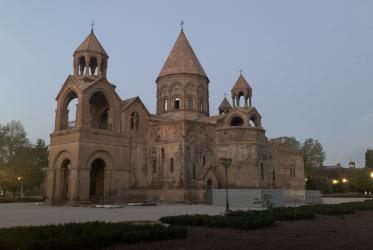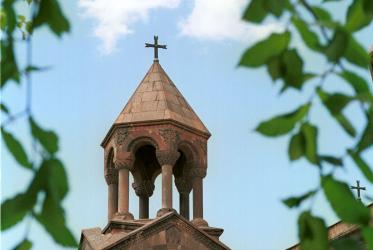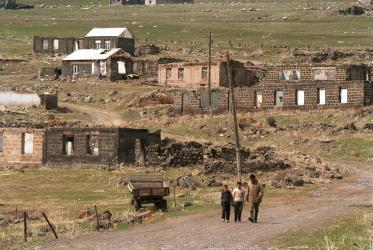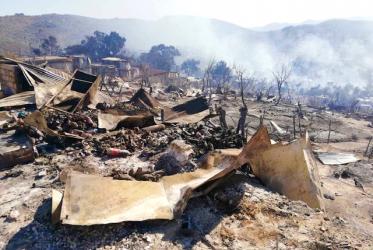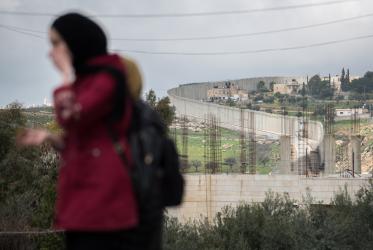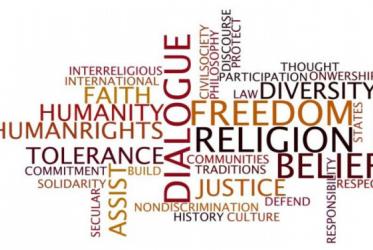Displaying 1 - 20 of 31
WCC delegation to visit Armenia
15 September 2023
Ecumenical accompaniers share observations with EU
11 February 2018
WCC urges EU to oppose proposed “Greater Jerusalem” legislation
26 October 2017
WCC holds discussion on religious freedom literacy and diplomacy
23 September 2016
Panel discussion on Religious Freedom in International Diplomacy
23 September 2016
Geneva, Switzerland
Refugees in transit: pushing boundaries all around
08 February 2016

